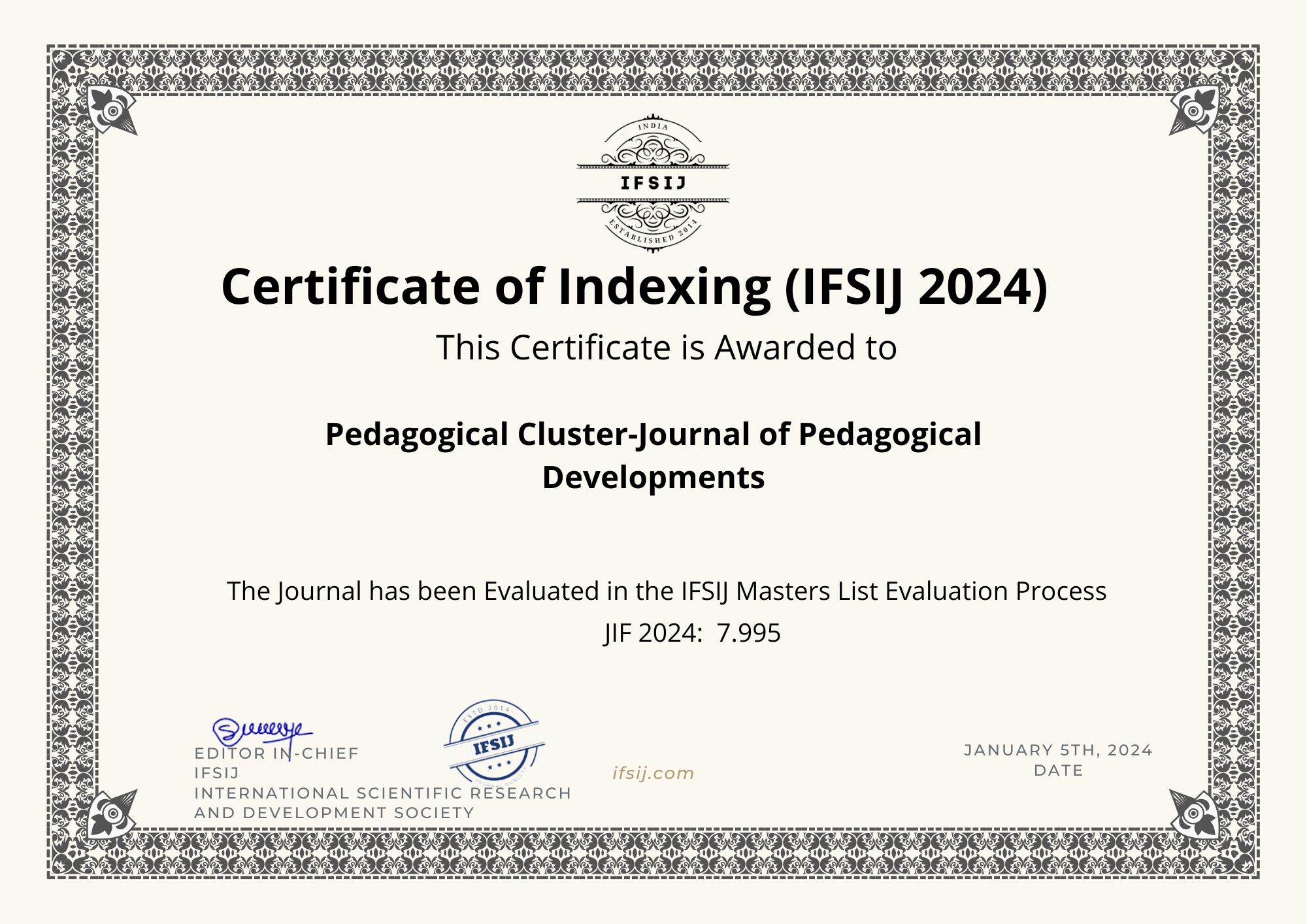Implementation Of Virtual Reality And Simulations In Medical Education
Keywords:
Virtual Reality, Simulation, Medical EducationAbstract
This study investigates the innovative applications of Virtual Reality (VR) and simulation technologies in medical education. The primary objective is to evaluate their impact on enhancing clinical skills among medical students. The research employs a mixed-method approach, combining a systematic literature review with practical simulation experiments. Analysis reveals that VR and simulations significantly improve students’ procedural accuracy, reduce errors, and enhance patient safety. Specifically, VR-based training led to a 25% improvement in surgical skills and a 15% increase in diagnostic efficiency compared to traditional methods. The study concludes that VR and simulations are transformative tools for medical education, offering scalable, safe, and repeatable learning environments. These findings highlight the potential of adaptive VR environments to revolutionize clinical training, with implications for global medical education accessibility.
Downloads
Downloads
Published
Issue
Section
License

This work is licensed under a Creative Commons Attribution-NonCommercial 4.0 International License.







